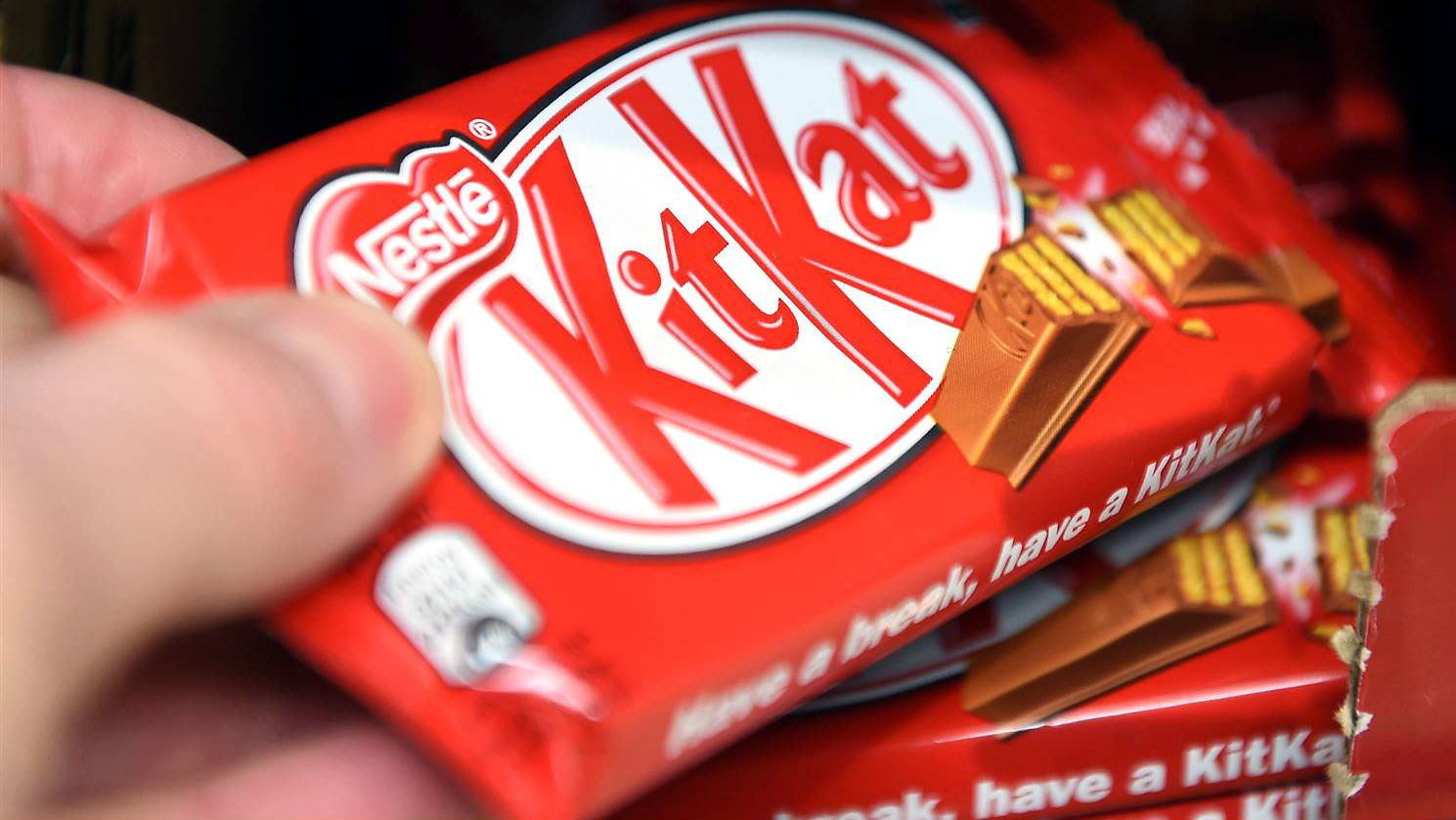Nestle's 'good science' to reduce sugar by 40%
Swiss confectioner claims scientific breakthrough can 'structure sugar differently' without affecting taste

A free daily email with the biggest news stories of the day – and the best features from TheWeek.com
You are now subscribed
Your newsletter sign-up was successful
Nestle says it has made a breakthrough in the battle to reduce the sugar content of popular snack foods.
The Swiss confectioner says it has found a way to "structure sugar differently" to use as much as 40 per cent less, a discovery it calls "truly groundbreaking research".
Nestle's scientists "altered the structure of sugar so that it dissolves more quickly", says the BBC, adding: "This fools the taste buds, with the effect of raising the sweetness, claims Nestle."
The Week
Escape your echo chamber. Get the facts behind the news, plus analysis from multiple perspectives.

Sign up for The Week's Free Newsletters
From our morning news briefing to a weekly Good News Newsletter, get the best of The Week delivered directly to your inbox.
From our morning news briefing to a weekly Good News Newsletter, get the best of The Week delivered directly to your inbox.
Professor Julian Cooper, of the Scientific Committee at the Institute of Food Science and Technology, said: "This is good science. A lot of people have been looking at sugar trying to reduce the amount."
He added this would give Nestle products the "halo-effect" - people thinking they can eat more and so choosing its products over rival brands.
Nestle, which makes such products as KitKat and Aero, said it is seeking a patent for the discovery and hopes to roll-out the new sugar across its range in 2018.
As much as 50 per cent of milk chocolate can be sugar, rising to 60 per cent for some white chocolate.
A free daily email with the biggest news stories of the day – and the best features from TheWeek.com
The BBC says Nestle has been reducing sugar in its products since 2007. The UK, among other countries, it is under pressure to go further to tackle rising levels of obesity and diabetes.
As part of a new government crackdown, a sugar tax is being introduced on soft drinks such drinks as Coca Cola. While this will not affect foods, the government has challenged producers to cut sugar by a fifth in five years.
Failure to do so may well lead to more stringent legislative action.
-
 How the FCC’s ‘equal time’ rule works
How the FCC’s ‘equal time’ rule worksIn the Spotlight The law is at the heart of the Colbert-CBS conflict
-
 What is the endgame in the DHS shutdown?
What is the endgame in the DHS shutdown?Today’s Big Question Democrats want to rein in ICE’s immigration crackdown
-
 ‘Poor time management isn’t just an inconvenience’
‘Poor time management isn’t just an inconvenience’Instant Opinion Opinion, comment and editorials of the day
-
 Labour shortages: the ‘most urgent problem’ facing the UK economy right now
Labour shortages: the ‘most urgent problem’ facing the UK economy right nowSpeed Read Britain is currently in the grip of an ‘employment crisis’
-
 Will the energy war hurt Europe more than Russia?
Will the energy war hurt Europe more than Russia?Speed Read European Commission proposes a total ban on Russian oil
-
 Will Elon Musk manage to take over Twitter?
Will Elon Musk manage to take over Twitter?Speed Read The world’s richest man has launched a hostile takeover bid worth $43bn
-
 Shoppers urged not to buy into dodgy Black Friday deals
Shoppers urged not to buy into dodgy Black Friday dealsSpeed Read Consumer watchdog says better prices can be had on most of the so-called bargain offers
-
 Ryanair: readying for departure from London
Ryanair: readying for departure from LondonSpeed Read Plans to delist Ryanair from the London Stock Exchange could spell ‘another blow’ to the ‘dwindling’ London market
-
 Out of fashion: Asos ‘curse’ has struck again
Out of fashion: Asos ‘curse’ has struck againSpeed Read Share price tumbles following the departure of CEO Nick Beighton
-
 Universal Music’s blockbuster listing: don’t stop me now…
Universal Music’s blockbuster listing: don’t stop me now…Speed Read Investors are betting heavily that the ‘boom in music streaming’, which has transformed Universal’s fortunes, ‘still has a long way to go’
-
 EasyJet/Wizz: battle for air supremacy
EasyJet/Wizz: battle for air supremacySpeed Read ‘Wizz’s cheeky takeover bid will have come as a blow to the corporate ego’